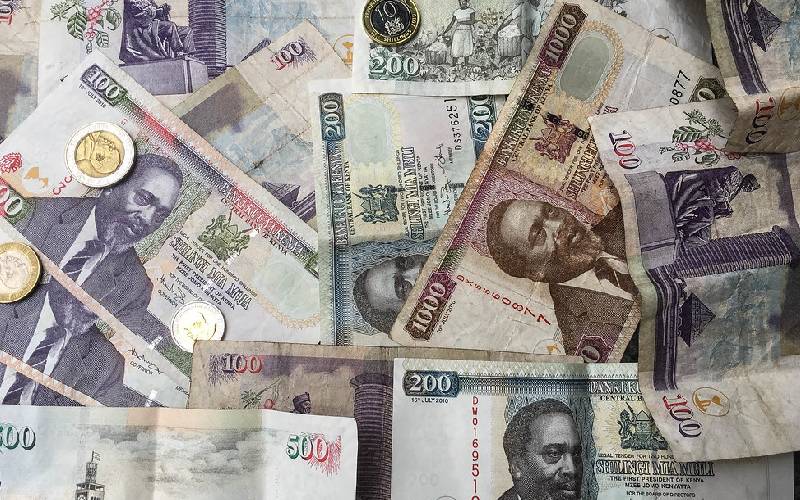×
The Standard e-Paper
Stay Informed, Even Offline

The Government is the biggest spender in any economy and for every shilling it spends, a supplier gets paid, a farmer gets a return and a construction worker secures employment.